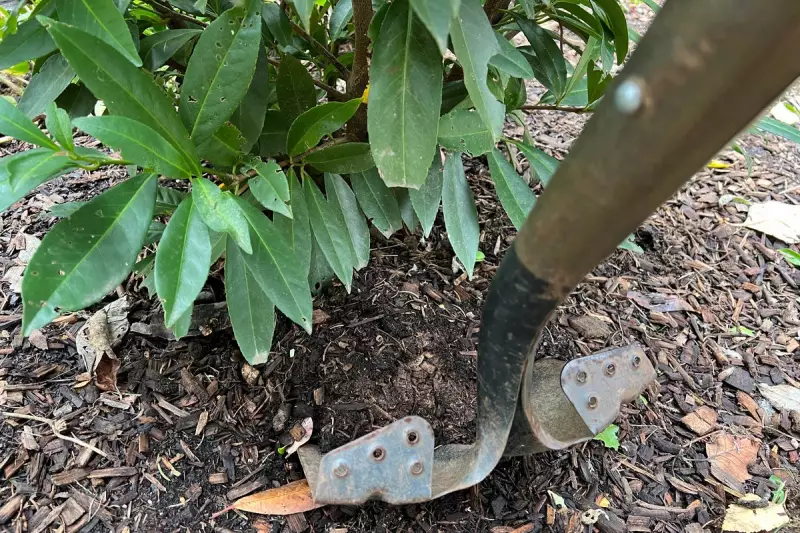
Navigating the unwritten rules of tipping in the United Kingdom can be confusing for both visitors and residents alike. Unlike countries with established tipping cultures, Britain operates with more subtlety and variation across different service industries.
Restaurant Tipping: Service Charges and Discretionary Tips
Many British restaurants now include a service charge of 12.5% automatically added to your bill. This practice has become increasingly common, particularly in London and other major cities. However, customers should remain vigilant as this charge is technically optional, despite sometimes being discreetly included.
When no service charge is applied, the general consensus suggests leaving 10-15% of the total bill for good service. For exceptional dining experiences, regular patrons often tip more generously to ensure continued excellent service.
Hotel Hospitality: Rewarding Quality Service
The hotel sector presents multiple tipping opportunities where gratuities can significantly enhance your stay:
- Porters: £1-2 per bag is customary for assistance with luggage
- Concierge: £5-10 for securing difficult restaurant reservations or tickets
- Housekeeping: £2-5 per night, preferably left daily as staff may rotate
Transport Tipping: From Black Cabs to Ride-Sharing
London's iconic black cab drivers don't expect tips, but rounding up to the nearest pound or adding 10% for helpful service with luggage or navigation is appreciated. For pre-booked minicabs and ride-sharing services like Uber, tipping isn't expected but welcome for exceptional service.
Pubs and Bars: The Casual Approach
In traditional British pubs, tipping isn't customary when ordering at the bar. However, if you receive table service, leaving some change or a small tip is considered polite. The same applies to cocktail bars where you might leave your change from a round of drinks.
Understanding Service Charge Distribution
It's important to note that automatic service charges don't always reach staff directly. Some establishments use these to supplement base wages rather than as genuine gratuities. When in doubt, leaving cash directly for exceptional staff ensures they receive your appreciation.
Ultimately, tipping in the UK remains a personal choice that should reflect the quality of service received. While percentages provide guidance, the most important factor is acknowledging genuine effort and professionalism across Britain's diverse service industry.





